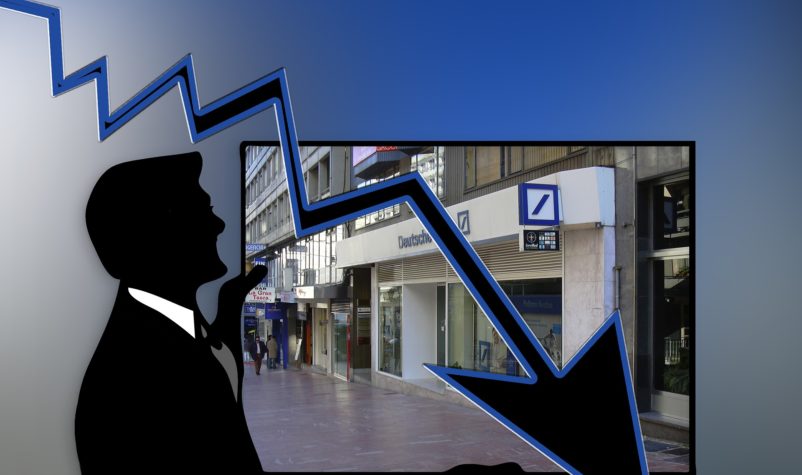The Gold IRA Company
Matches Exceptional Investors with
Exceptional Investments

Blog

The Atlantic: The Looming Bank Collapse
Article by Professor Frank Partnoy, UC Berkeley in The Atlantic Publication
After months of living with the coronavirus pandemic, American citizens are well aware of the toll it has taken on the economy: broken supply chains, record unemployment, failing small businesses. All of these factors are serious and could mire the United States in a deep, prolonged recession. But there’s another threat to the economy, too. It lurks on the balance sheets of the big banks, and it could be cataclysmic. Imagine if, in addition to all the uncertainty surrounding the pandemic, you woke up one morning to find that the financial sector had collapsed.
You may think that such a crisis is unlikely, with memories of the 2008 crash still so fresh. But banks learned few lessons from that calamity. As a result, we could be on the precipice of another crash, one different from 2008 less in kind than in degree. This one could be worse.
The financial crisis of 2008 was about home mortgages. Hundreds of billions of dollars in loans to home buyers were repackaged into securities called collateralized debt obligations, known as CDOs. In late 2007, banks began disclosing tens of billions of dollars of subprime-CDO losses. The next year, Lehman Brothers went under, taking the economy with it.
The federal government stepped in to rescue the other big banks and forestall a panic. The intervention worked and the system righted itself. Of course, many Americans suffered as a result of the crash, losing homes, jobs, and wealth.
To prevent the next crisis, Congress in 2010 passed the Dodd-Frank Act. The Federal Reserve began conducting “stress tests” to keep the banks in line. The reforms were well intentioned, but, as we’ll see, they haven’t kept the banks from falling back into old, bad habits.
After the housing crisis, subprime CDOs naturally fell out of favor. Demand shifted to a similar—and similarly risky—instrument, one that even has a similar name: the CLO, or collateralized loan obligation. A CLO walks and talks like a CDO, but in place of loans made to home buyers are loans made to businesses—specifically, troubled businesses. There are more than $1 trillion worth of leveraged loans currently outstanding.
According to many estimates, the CLO market is bigger than the subprime-mortgage CDO market was in its heyday. The Bank for International Settlements, which helps central banks pursue financial stability, has estimated the overall size of the CLO market in 2018 at $750 billion.
Like former Fed Chair Alan Greenspan, who downplayed the risks posed by subprime mortgages, Powell and Mnuchin have downplayed any trouble CLOs could pose for banks.
Last July, one month after Powell declared in a press conference that “the risk isn’t in the banks,” two economists from the Federal Reserve reported that U.S. depository institutions and their holding companies owned more than $110 billion worth of CLOs issued out of the Cayman Islands alone. The Financial Stability Board, which monitors the global financial system, warned in December that 14 percent of CLOs—more than $100 billion worth—are …
To read this article in its entirety, click here.
Have Questions?
Speak with a Gold & Silver Specialist.
Call Now: 855-554-4853
CALL TODAY!